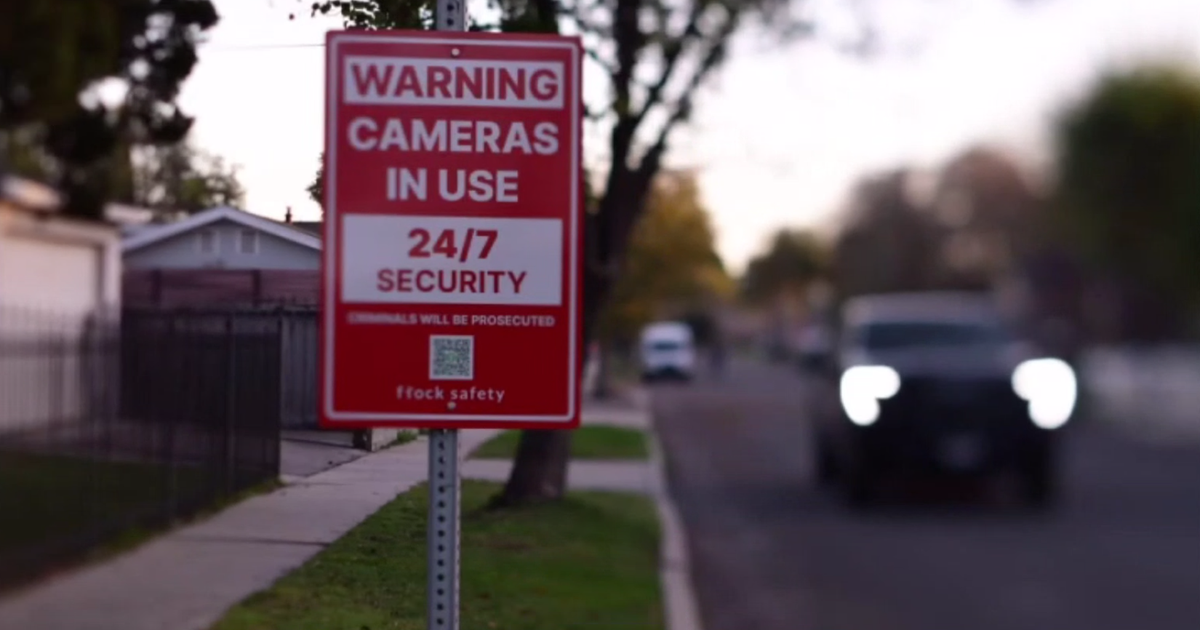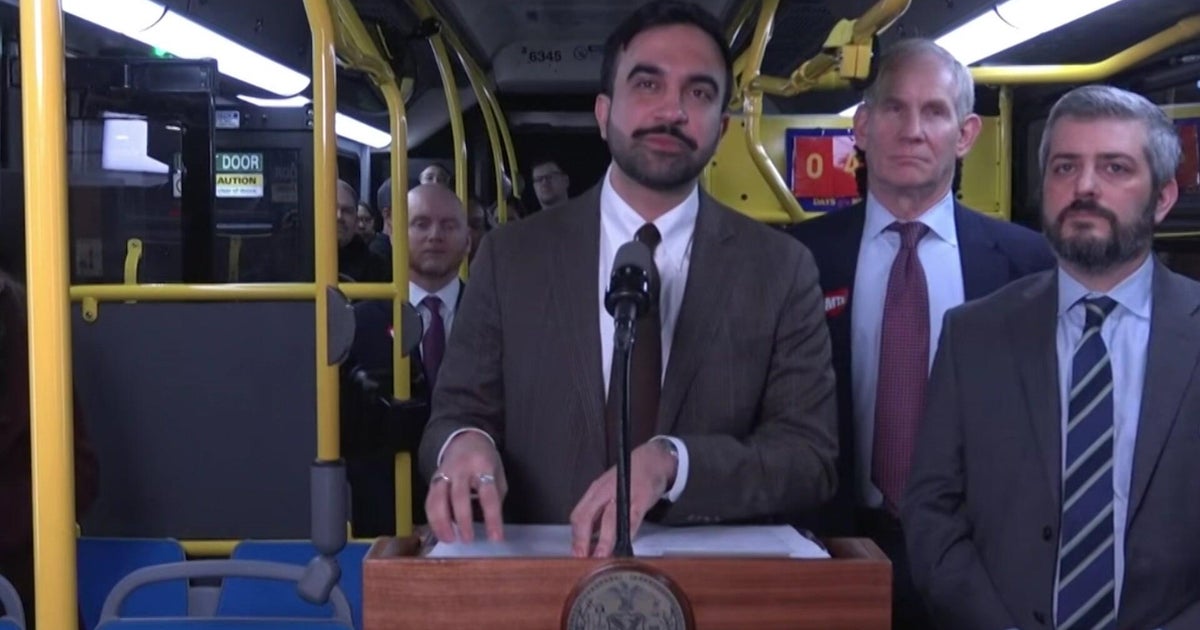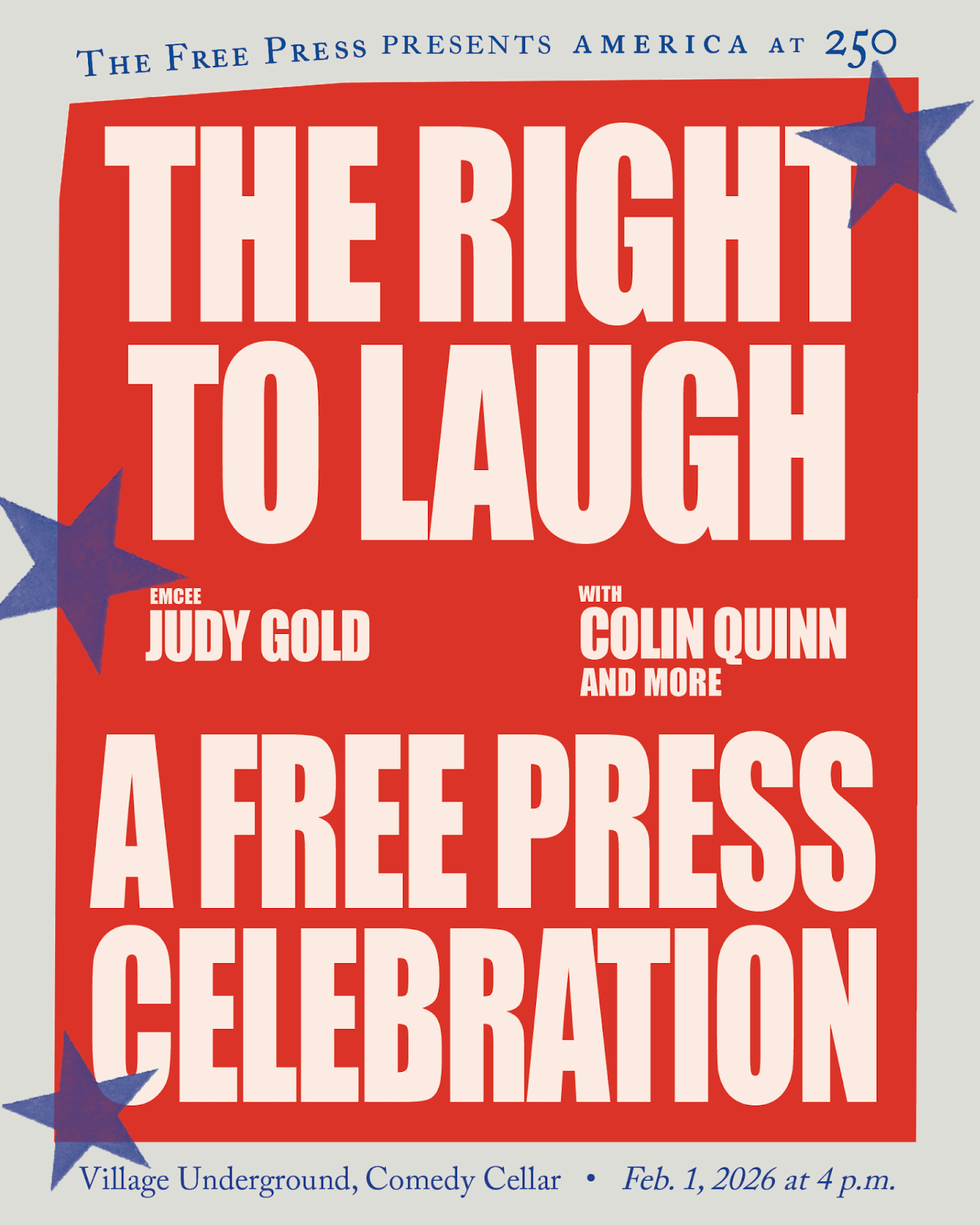Free Store Project connects New York neighbors "in a really beautiful way"
The Free Store Project is exactly what it sounds like. Comprising a network of outdoor kiosks throughout New York City, the stores operate based on donations. People drop off gently used items including clothes, housewares, and unopened toiletries and dry goods, and neighbors come along and "shop" at their convenience.
Myles Smutney, the founder, believes the free stores remove the shame and stress people can feel when asking for help.
She said one of her favorite things is being surprised by what people leave. She said she's seen everything from vintage items to dozens of Keurig coffee makers and even Peloton bike pedals.
"I feel like it is very New York to have the haves and the have-nots living within the same building, if not within—evenly throughout the block, right?" Smutney said. "And this is such a very easy, centralized way of, you know, redistributing those goods and that wealth and that care."
To Smutney, the real magic of the free stores is watching neighbors connect and seeing the ripple effect. She witnessed the moment a woman brought dog toys and clothes to donate after her dog died — and while there, met and connected with a new dog owner.
"She gets to meet this new puppy, and then she gets to share her experience, and then she also, like, gets to go home feeling like she's done something, you know? And that's, like, way bigger than going by a Salvation Army and dropping a bag off," she said. "They bond with somebody they never would have talked to, or interacted [with] before. They're going to take that positivity to the bodega. They're gonna open a door for someone."
Kiosks are open 24 hours and have shower curtains installed to keep out the rain and snow. Each of the nonprofit's locations operate with the permission of a community partner. There's one on the grounds of a New York City Housing Authority development and another outside a public school. A location in Bushwick, Brooklyn, dubbed "The Little Dam Store," is hosted by The Little Beaver bar.
Manager Lyndsay Roush invited Smutney to build next to the bar's outdoor patio after seeing the project needed a permanent space in the neighborhood on Instagram. She even keeps excess inventory in the bar's basement.
"We get so much foot traffic over here, and selfishly I'm like, 'Oh. Drop your stuff off. Come get a drink at the bar,'" she said.
The kiosks rely on neighbors like Roush to keep them clean and organized. Seeing people who live and work locally building and maintaining the stores can make them beacons of hope for the local community. At the Bushwick location, a nearby restaurant drops off meals regularly, and a woman leaves bouquets of flowers. Smutney wants shoppers to feel cared and provided for, something she says money can't buy.
"I really think that we come here with a dream, and I really think that we come here to be a part of the fabric of this amazing city. And once we're here, the best way and easiest way to do it, I think, 'cause I'm a little biased, but, if you have this little store at the end of your block, and you have an extra hanger, just bring it," she said. "So it is a community project. I feel like it's very accessible to somebody who has 10 minutes, and accessible to someone who has 10 hours to give to the project."
Smutney was inspired to create The Free Store Project at the height of the pandemic, at a moment she was feeling useless. Inspiration came after hearing a teacher speak during former President Obama's livestream with community leaders about making a difference during such a difficult time.
"I really thought you had to go to school for social justice. I really thought that you had to spend 12 years working on a doctorate in order to engage with the community or you had to take certain classes," she explained. "It made me understand that as just a normal person, I could do things and I could effect change and I could do it on a very small, very powerful, local level."
In New York, residents were leaving the city and abandoning items of value on stoops and sidewalks. Restaurants were pivoting to outdoor dining and building shed-like structures to accommodate tables and patrons. She saw excess building materials and perfectly good clothing and housewares and put the two together.
She built her first store outside a boarded up business below her Lower East Side apartment. It lasted just four hours before management forced her to take it down, but the idea was born. She wants to see the concept expand to other cities, like Los Angeles and San Francisco. She even created kiosk blueprints and handbooks to get them started.
"We really wanted to do something that was alive. And I really think that we created that in a really beautiful way," she said. "There's no end to excess any time soon, but this is a great solution for a place to put it, and a place to interact, and a place to create those connections that we crave."



